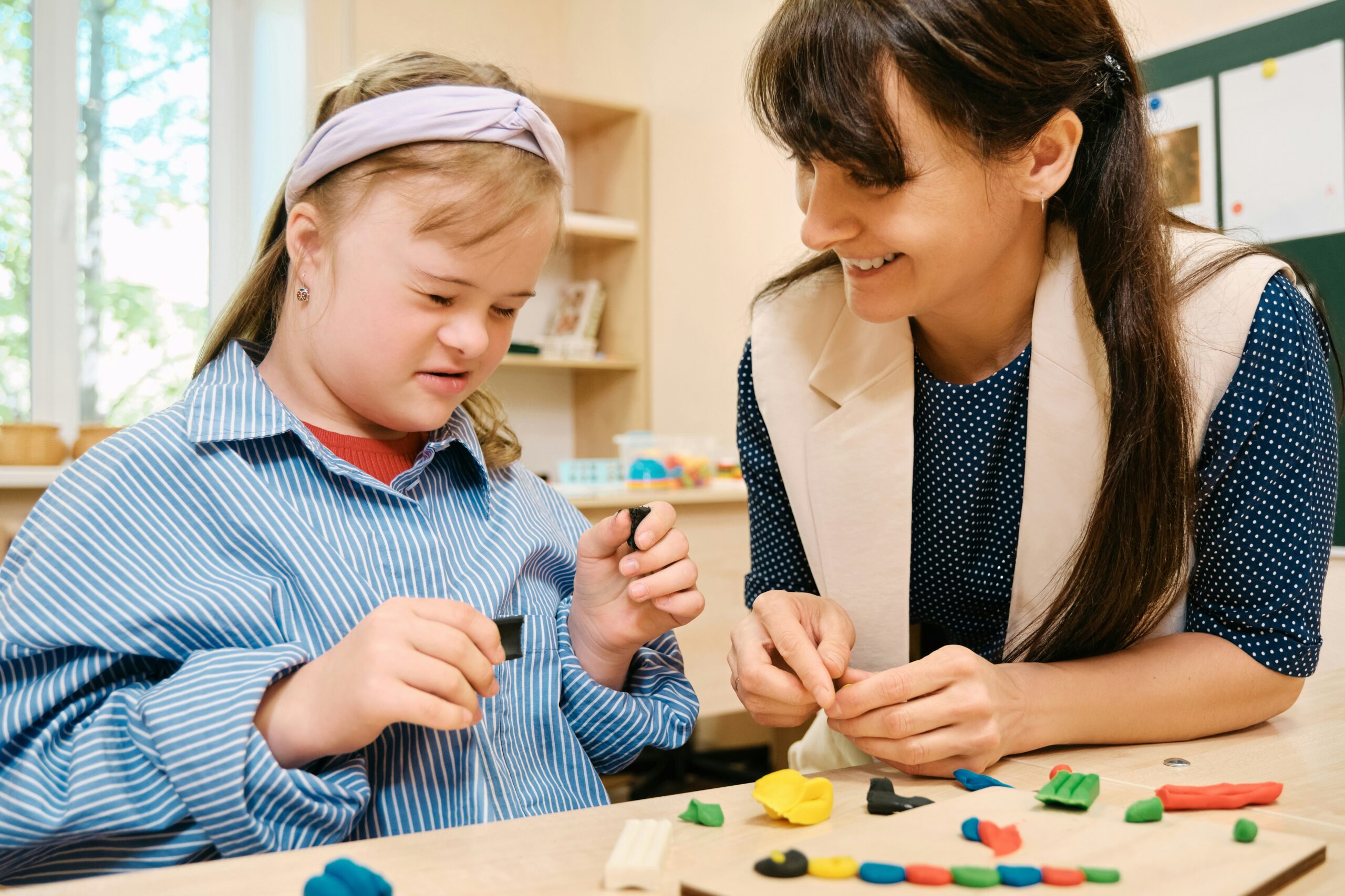
A specialist consultant for learning disabilities plays a vital role in supporting students who face challenges in acquiring academic skills. These professionals work closely with educators, families, and students to identify the unique needs of learners and develop strategies that promote academic growth. They use their expertise to assess learning difficulties, interpret assessment results, and design individualized plans that address specific challenges. By doing so, they help create a supportive environment where students can thrive despite their disabilities.
Moreover, these consultants serve as a bridge between educators and specialists, ensuring that instructional approaches align with the best practices for students with learning disabilities. They often provide professional development to teachers, guiding them on how to modify lessons and classroom environments to meet the diverse learning needs of their students. Their involvement ensures that interventions are research-based and tailored, increasing the chances of student success.
Identifying Learning Disabilities and Tailoring Support
The process of identifying learning disabilities requires a careful and thorough evaluation. Specialist consultants conduct detailed assessments to pinpoint areas where students struggle, such as reading, writing, mathematics, or information processing. They analyze cognitive, academic, and emotional factors to gain a comprehensive understanding of a learner’s abilities and challenges. This comprehensive approach helps differentiate learning disabilities from other issues, such as lack of motivation or external factors.
After assessment, the consultant develops individualized educational strategies that target the student’s weaknesses while building on their strengths. They recommend accommodations and modifications that remove barriers to learning, such as extra time on tests or alternative ways to demonstrate knowledge. Through continuous monitoring and adjustment, they ensure that the support remains effective and responsive to the student’s progress.
Collaborating with Educators and Families for Student Success
Collaboration is at the heart of the specialist consultant’s work. They work closely with teachers to design lessons that cater to diverse learning styles. By sharing their knowledge about learning disabilities, consultants empower educators to implement effective teaching methods in their classrooms. This partnership often involves regular meetings to review student progress and adjust instructional approaches as needed.
Equally important is the relationship with families. Specialist consultants communicate with parents and caregivers to explain the nature of the learning disability and the interventions in place. They provide guidance on how families can support their children’s learning at home and advocate for their needs. Through this collaboration, everyone involved builds a unified team focused on the students’ academic and personal growth.
Implementing Evidence-Based Strategies and Interventions
Specialist consultants rely on evidence-based strategies to support learners with disabilities effectively. They stay updated with the latest research and educational practices, ensuring that interventions are grounded in proven methods. These strategies may include multisensory instruction, scaffolding techniques, or assistive technology to help students engage more fully with the content.
In addition, these consultants emphasize the importance of early intervention. Addressing learning difficulties as soon as they are identified can prevent further academic struggles and boost confidence. By applying targeted strategies and continuously assessing their impact, the consultant ensures that students receive the best possible support to reach their potential.
Promoting Inclusion and Accessibility in Education
A key goal for specialist consultants is to promote inclusion within educational settings. They advocate for classrooms where all students, regardless of ability, have equal opportunities to participate and learn. This involves advising schools on creating accessible materials and fostering a culture that values diversity and respect.
Furthermore, consultants assist schools in implementing policies and practices that comply with legal requirements for special education. They guide educators in adapting curricula and assessments to ensure they are fair and meaningful for students with learning disabilities. By doing so, they contribute to an educational environment where students feel valued and empowered.
Addressing Emotional and Social Needs Alongside Academics
Learning disabilities often impact more than just academic performance; they can affect a student’s self-esteem and social interactions. Specialist consultants recognize these challenges and incorporate support for emotional well-being into their comprehensive approach. They collaborate with school counselors and psychologists to address any social or emotional barriers that may impede learning.
They also help educators and families understand the importance of fostering a positive self-image and resilience in students. Through consistent encouragement and tailored support, they help students develop coping strategies and confidence. This holistic approach ensures that learners grow both academically and personally.
Preparing Students for Lifelong Learning and Independence
Beyond immediate academic support, specialist consultants focus on preparing students for future success. They work to equip learners with skills that promote independence, such as organizational strategies and self-advocacy. These skills are crucial for transitioning from school to higher education or the workforce.
Consultants also help schools develop transition plans that support students moving between grade levels or post-secondary options. They ensure that learners have access to the resources and guidance necessary to navigate these changes smoothly. By doing this, they contribute to building a foundation for lifelong learning and achievement.
A specialist consultant for learning disabilities provides essential expertise to improve educational outcomes for students with diverse learning needs. Through assessment, collaboration, and the application of evidence-based strategies, these professionals support learners academically, emotionally, and socially. Their work fosters inclusive environments that value each student’s potential and promote skills that prepare students for future independence and autonomy. Ultimately, specialist consultants help pave the way for meaningful success in education and beyond.